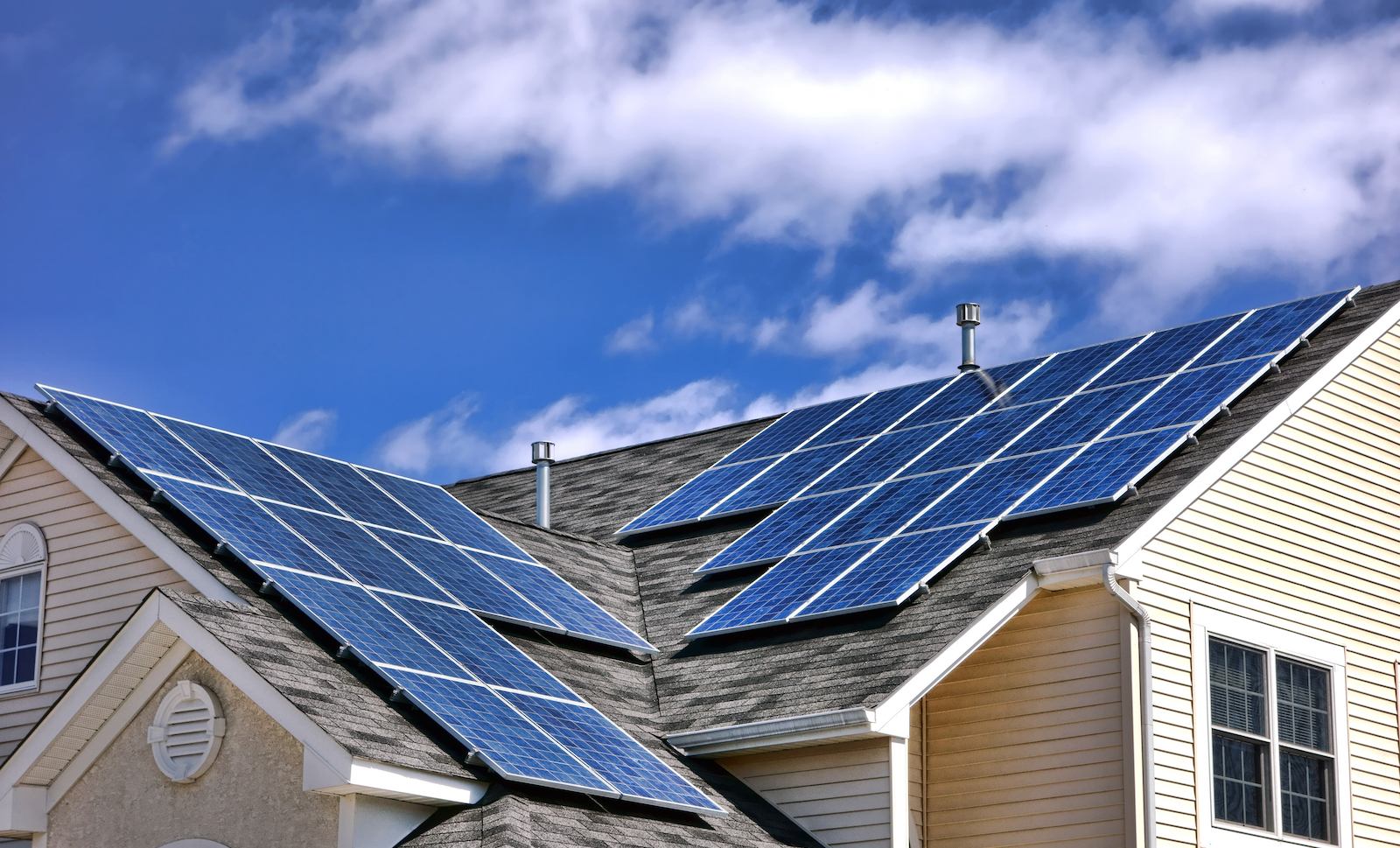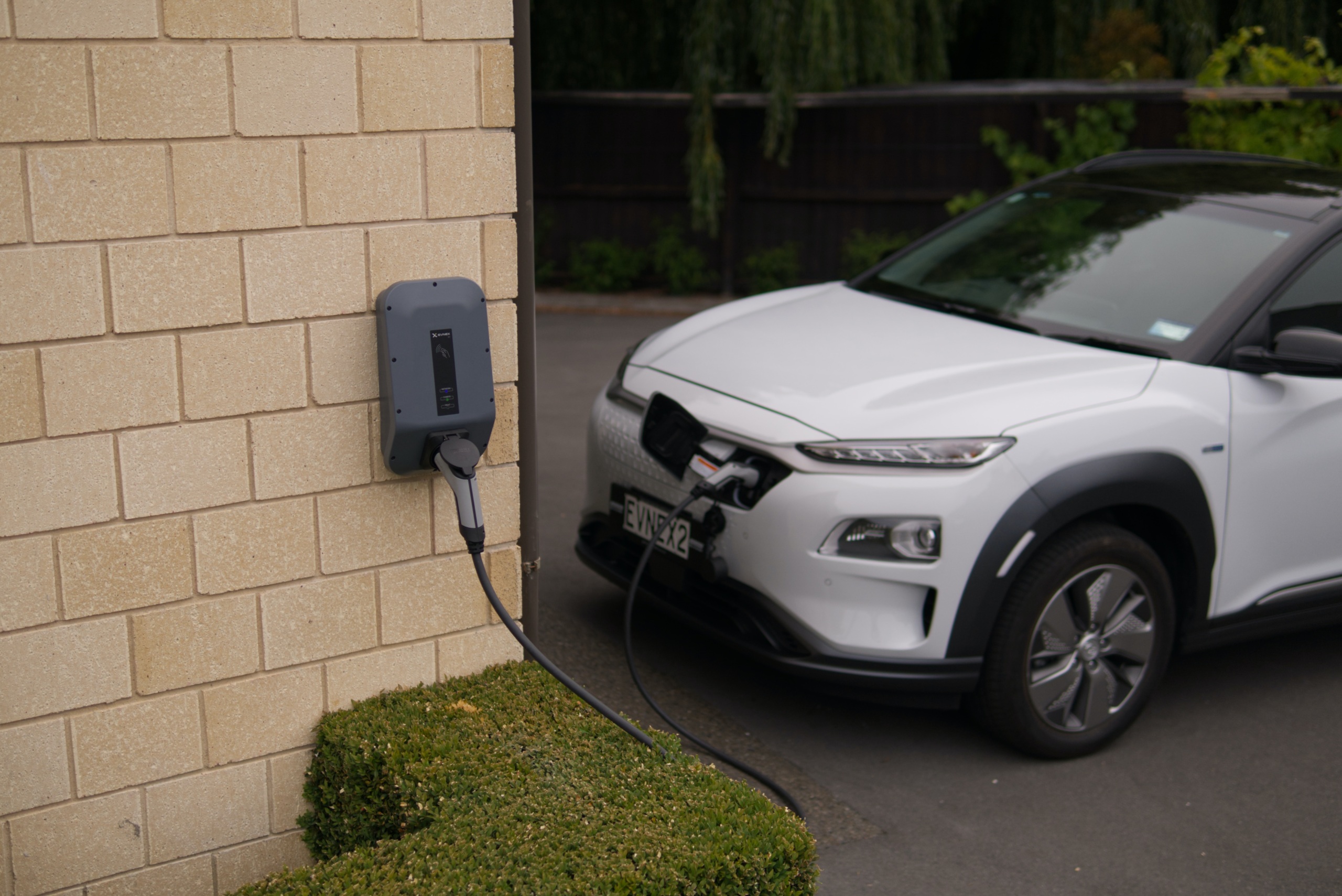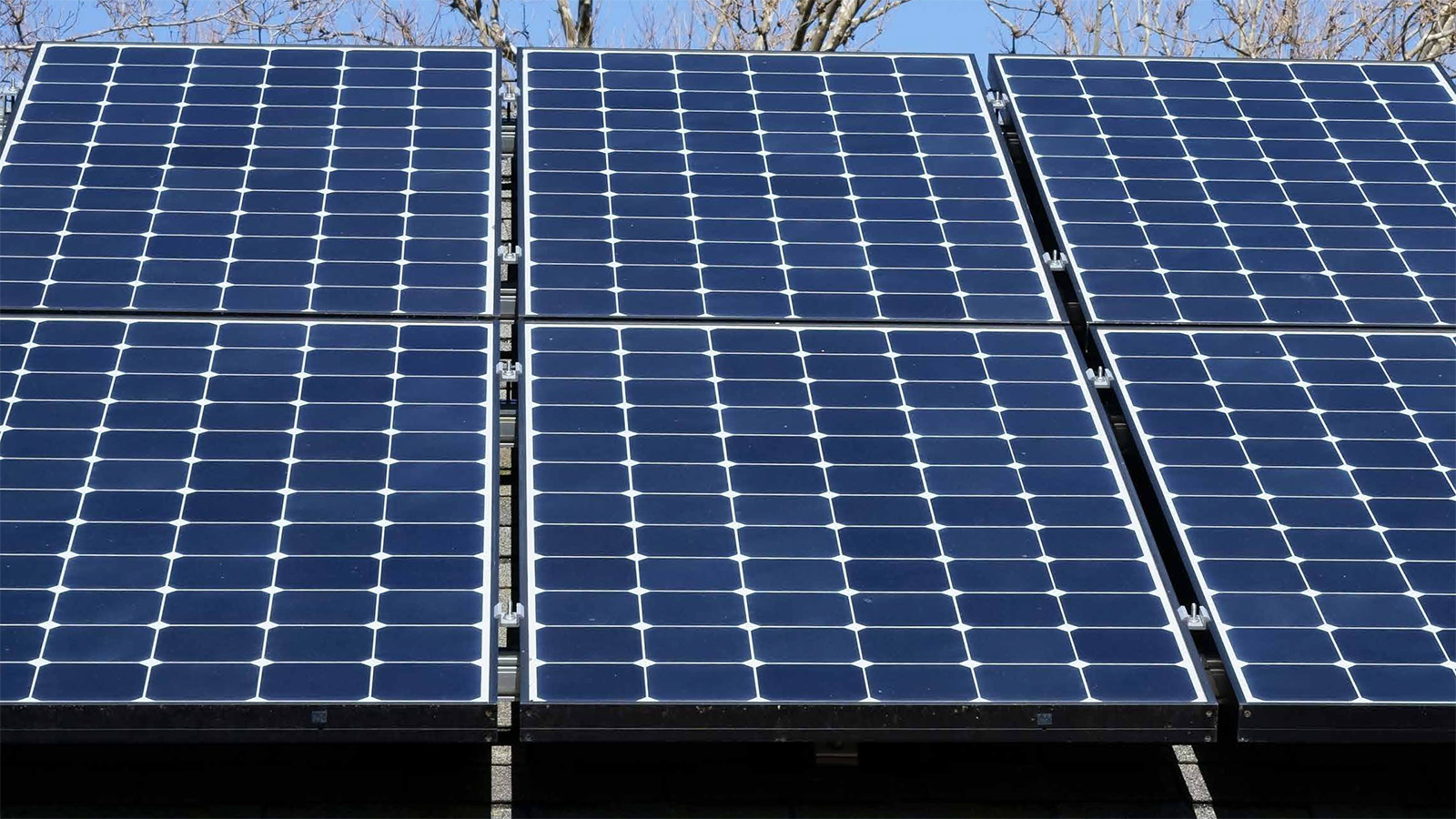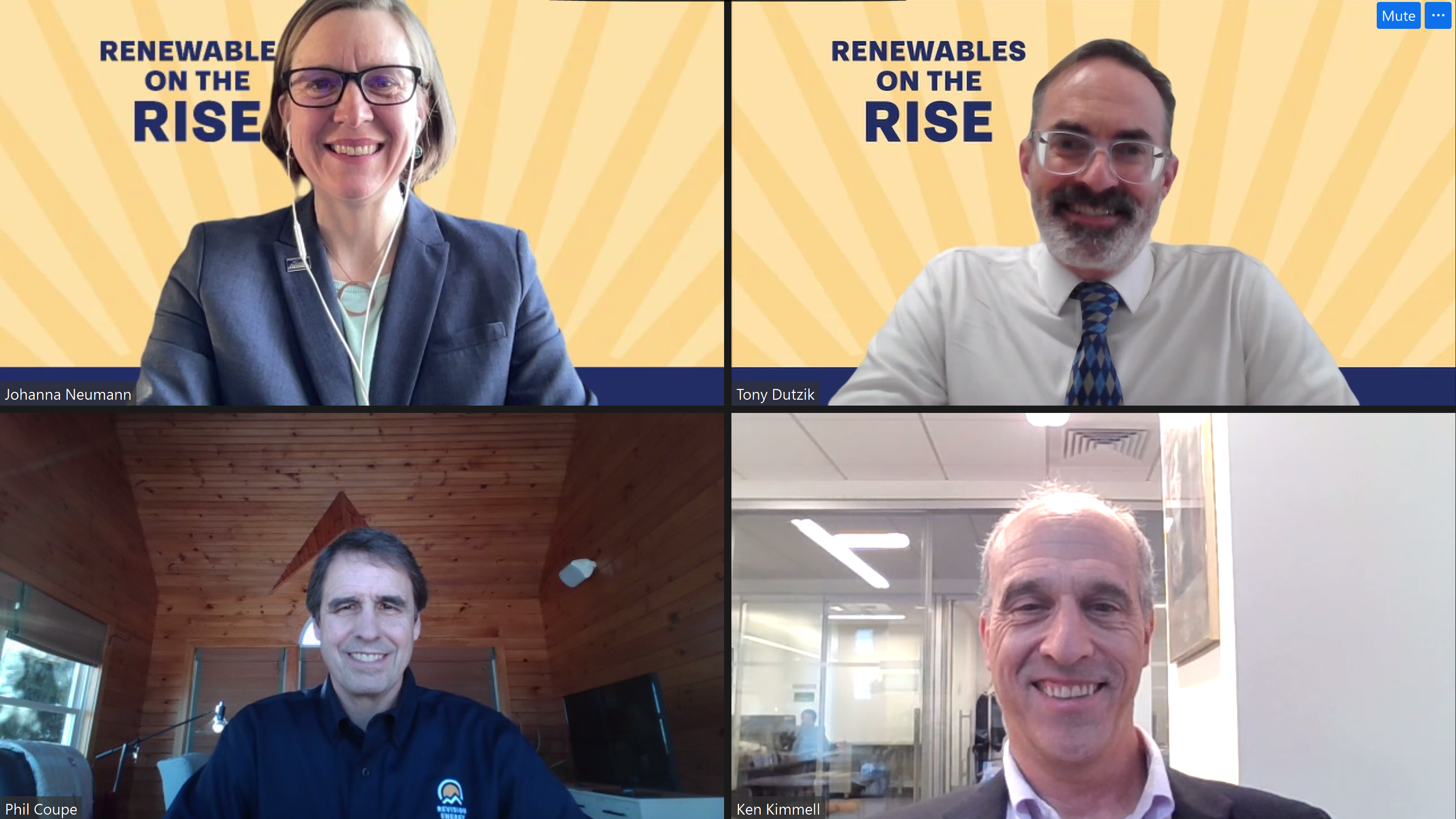
Solar panels: How federal tax credits can help you pay for them
Learn more about whether solar is right for you and how new federal clean energy tax credits can help you save when installing solar on your home.

If you’re considering going solar, or even just curious to learn more about solar energy, you’re not alone.
Solar energy is growing fast, with solar installations in the United States increasing 19% over the previous year and predictions to continue increasing by 66% over the next decade. Yet we’re still only tapping into a tiny percentage of the incredible potential of solar power.
By adding solar panels to your home, you can help reduce your environmental impact, combat climate change — and even lower or eliminate your electric bill. Every empty rooftop is an opportunity to tap into the clean, renewable energy of the sun — and going solar has become more affordable and more accessible than ever, thanks to new tax credits included in the Inflation Reduction Act.
Here are some commonly asked questions (and answers) about how to use tax credits to get solar panels for your home.
Why should I get solar panels?
Going solar comes with plenty of benefits. By getting your electricity from the sun instead of from polluting fossil fuels, you can reduce your impact on the environment. Switching to solar means cleaner air, a more stable climate, and less strain on our natural resources.
Solar energy also makes our energy grid more resilient. Dispersing electricity generation across neighborhood rooftops reduces our reliance on generation from a central power plant. And by adding a battery to your solar energy system, you make it more likely you can keep the lights on in your own home after an extreme weather event.
And, of course, switching to solar can help you save money. When you install solar panels on your home, your savings are dependent on several variables — how much energy your solar system produces, how much energy you use, and what incentives are available in your area. But regardless, you can expect savings. Most homeowners save thousands of dollars on their electric bills over the lifespan of their solar panel systems.
How can I use federal tax credits to get solar panels?
Homeowners can take advantage of the Residential Solar Investment Tax Credit (ITC) and Energy Storage ITC.
From 2023 through 2032, homeowners who purchase solar panels for their residences are eligible for a tax credit of 30% of the total cost. Battery storage for home backup power is also eligible for a tax credit of 30%. The IRS has more information here.
Will solar panels work on my house?
A solar professional can help determine if your house is well-suited for solar panels.
Solar panels are built to work in all climates, but there are a number of factors to consider, including the age of your roof, the amount of sun it gets, the amount of shade that may be cast by nearby trees, and the overall size, shape and slope of your roof.
The best roof for solar panels is south-facing with a slope of 15 to 40 degrees, but don’t let it deter you if that doesn’t describe your roof — other types of roofs could still be suitable.
You should also consider how long your roof has until it needs to be replaced, as roofs last anywhere between 20 and 50 years and solar panels last about 25 to 30 years. When it’s time to replace your roof, it’s also a great time to install solar panels.
What first steps should I take to get solar panels?
Once you determine your rooftop is suitable for solar panels, you should get quotes from solar providers in your area.
We’ve partnered with EnergySage (a company that has also been awarded funding by the Solar Energy Technologies Office with the Department of Energy) to bring you online tools and resources to make it easy to explore your local solar options.
You can get custom quotes from Energy Sage’s pre-screened installers, compare quotes, pick an installer, and get started installing solar panels on your rooftop. Check out this guide to learn more.
Topics
Authors
Johanna Neumann
Senior Director, Campaign for 100% Renewable Energy, Environment America Research & Policy Center
Johanna directs strategy and staff for Environment America's energy campaigns at the local, state and national level. In her prior positions, she led the campaign to ban smoking in all Maryland workplaces, helped stop the construction of a new nuclear reactor on the shores of the Chesapeake Bay and helped build the support necessary to pass the EmPOWER Maryland Act, which set a goal of reducing the state’s per capita electricity use by 15 percent. She also currently serves on the board of Community Action Works. Johanna lives in Amherst, Massachusetts, with her family, where she enjoys growing dahlias, biking and the occasional game of goaltimate.
Find Out More

Home EV chargers: How federal tax credits can help you install one

Recording of Rooftop Solar on the Rise webinar

Rooftop solar on the rise

